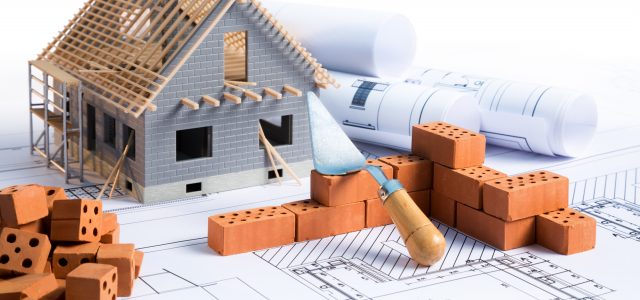
Home, Sweet Home
Buying a new home is an exciting time, but with any big purchase there can be pitfalls you need to be aware of
There are lots of new developments around with a range of properties from one-bedroom flats to four and five bedroomed detached houses. New build properties are a great option whatever your circumstances but think ahead if you plan on having a growing family, to make sure you have enough space, as often new builds can be a little on the small side.
Don’t rely on the marketing literature by the developer. Go and visit the developer’s other sites How do they look? Try and speak to some of the residents about what the houses are like. If you find a site you are interested in, look at the surrounding amenities, public transport and what facilities you can walk to.
Check the house has a NHBC warranty and what it covers. Inspect your house at every stage of the build so you can pick up on any issues sooner rather than later.
Just like a new car, a new build house will depreciate in price the minute you turn the key in the door. Even in a rising property market you may not get your money back if you have to sell within a year or two. So, compare the new build home you are looking at with similar old properties in terms of value, space and rental value in the local area. Check the price per square foot and check it with the resale market so you understand the extent of the premium you will be paying. See if you can negotiate with the developers. If you don’t ask you won’t get.
If you are planning on staying, are you able to add value? A conservatory, landscaped garden, or converted loft. If you are getting white goods included, make sure you get all the guarantees in case anything goes wrong.
Take someone with you to do the snag list. You won’t always see things on your first look round but write everything down and take photographs where possible. Don’t be pushed into signing anything until you are happy that everything has been sorted.
Is your new build home freehold or leasehold? Leasehold means that you have a lease from the freeholder to use the home for a number of years. The leases for new build are usually long term – often 90 years or 120 years and as high as 999 years. However, there are often certain conditions attached to a leasehold property, including restrictions on any alterations to the property and you will be responsible for paying an annual ground rent.
Moving to a new home is an exciting part of life. Follow a few top tips and your house move will hopefully go to plan.

